
Traditions describe a nation’s personality, mood, and quality of life. They shape the mentality and might be very immoral. One of the traditional Armenian gatherings I recently participated in made me realize how discriminating and meaningless some of our customs, such as remembrance days are and what impact they left on me.
It was a foggy morning and my uncle was driving my family to a relative’s remembrance day. During the 90-minute drive, I trained my facial expressions to look as serious and regretful as possible. Although I didn’t want to participate and there was a complete absence of feeling of loss, I found it morally right to visit my relative’s grave.
We first went to the house of a relative. It was so cold that drops of rain were turning into snowflakes in front of my eyes. Despite the harsh weather conditions, men stood outside and talked about cars and politics. Surprisingly, they had no intention of entering the house. Although I am a man, I entered the house and found that only women were present in all rooms. They made coffee, tried cakes and cookies, and discussed clothes and makeup techniques. The atmosphere was happy and energetic for such a sad day.
In the afternoon, we drove to the cemetery for the ceremony. We arrived late and I saw a bus and dozens of cars parked near the cemetery. The road was muddy, and the crowd of only female relatives wearing fully dark clothes got off the bus and approached the grave. Male relatives stood further and I repeated their behavior.
I barely held my tears as the relative’s sister very abruptly started screaming and crying about her brother’s loss. The chain of tears spread very fast and all the women began crying. Men expressed no emotions. Some of them lit cigarettes and warmed their lungs. The sister cried for a very long time and almost fainted. Luckily, somehow she was able to calm down as the priest arrived. He started the solemn liturgical service for the repose of the departed.
I am an atheist, but I respect other religions and religious people. It was not the only ceremony dedicated to deceased people that I attended. I find no meaning in liturgical rites that churches oblige people to organize with all due respect for religions. A person has been dead for more than a year, and I highly doubt the soul is still on earth. Life goes on, and we can’t allow loss and grief to hold us back.
After the ceremony, we drove to the only restaurant in town to eat for the peace of the dead relative’s soul. The tables were arranged separately for men and women. To my surprise, there was no alcohol for women because they were not allowed to drink. After each toast, we wished to meet for a happy event next time.
My heart was full of disappointment, and my anger caused headaches. It was the most discriminative event I had ever been part of. After examining people’s behavior from both genders, I understood how upsetting the situation was. Besides men being discriminatory and pretending to be superior to women, women acted very humbly as if they were already used to that attitude.
Armenians have a tradition of visiting a relative’s cemetery multiple times yearly as a sign of respect. The purpose of Remembrance Day is for the relatives to gather at the relative’s grave and remember the life moments, happy memories, and time spent with the deceased. People used to raise a toast for their relatives next to the grave. The new generation was able to convince the elderly to drink more civilly. As a result, the toast became a massive dinner in a restaurant.
Gender stereotypes have been present in Armenian customs even before the 20th century. Women were forbidden to have dinner with men and had to ask permission from their husbands to express their opinion. Luckily there is visible progress from ancient times, but the population is not adequately rational and informed about gender equality.
Remembrance days are highly valued, and they are an essential part of Armenia’s culture. Even though they have a reason behind them, I don’t find meaning in how people celebrate them.

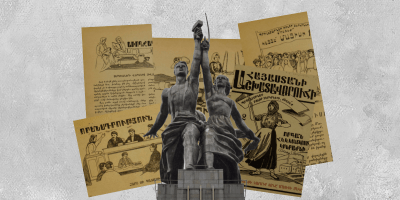
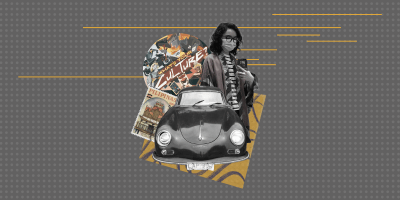
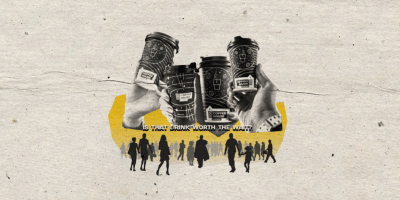
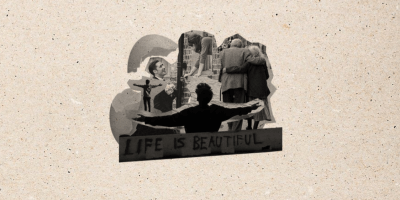
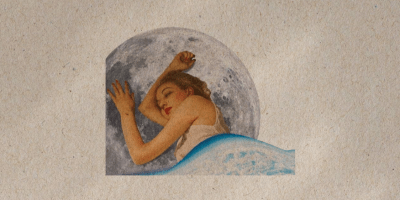

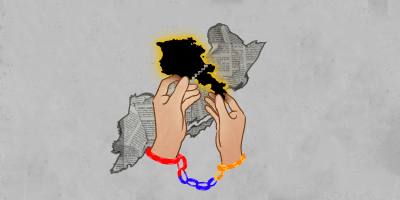
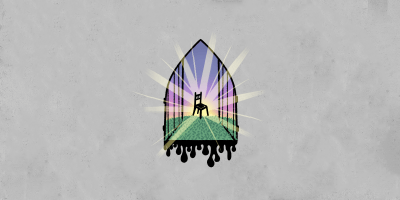
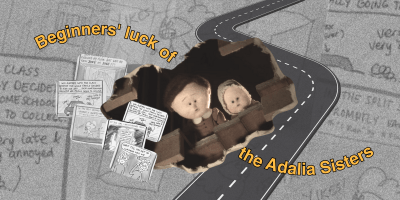

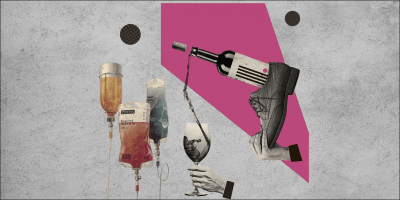

Superb piece of writing and thought-provoking indeed. It really shed light on an aspect of gender dynamics that goes unnoticed in modern discussions about the topic in Armenia. Would love to see your next article.